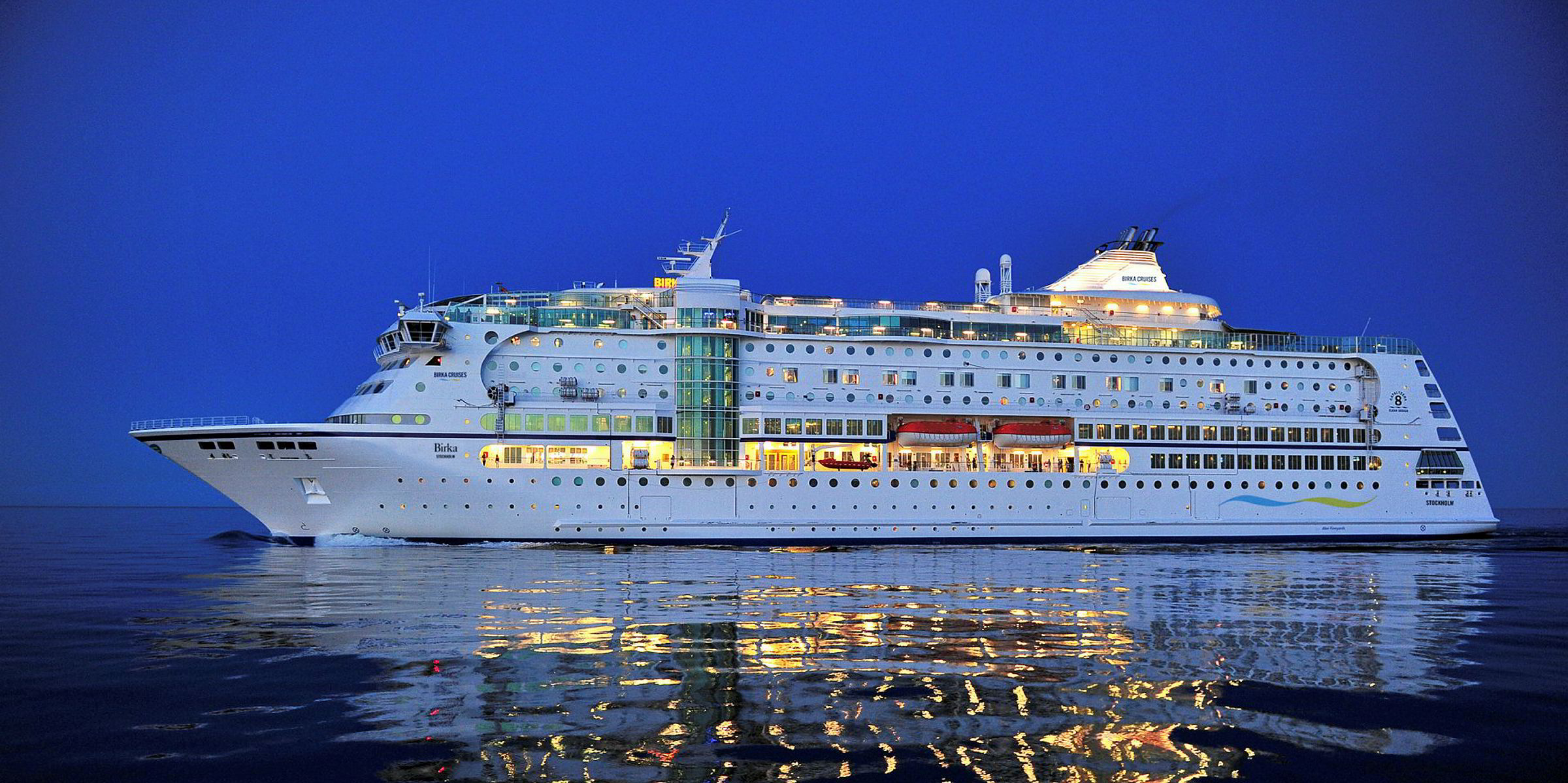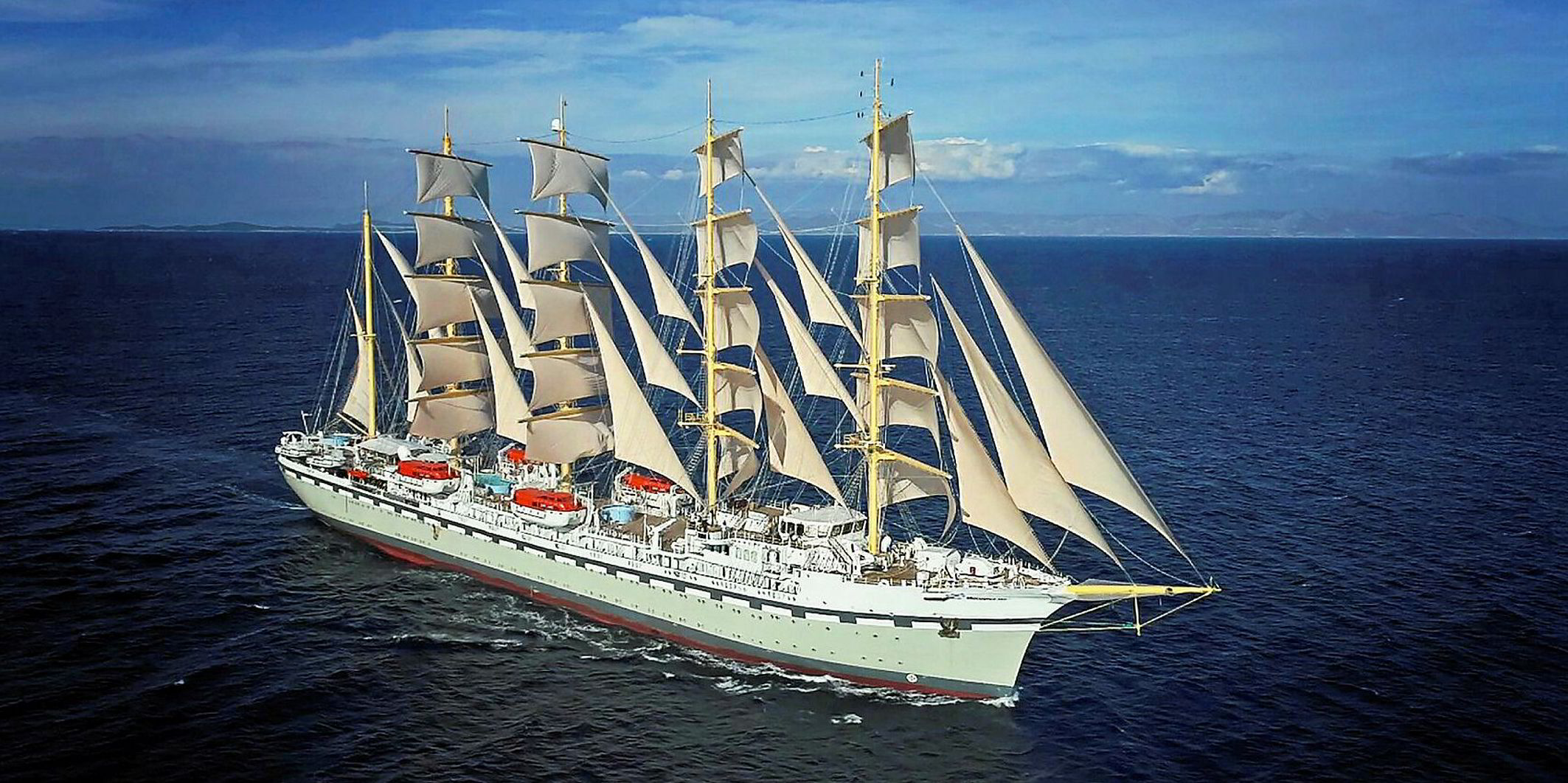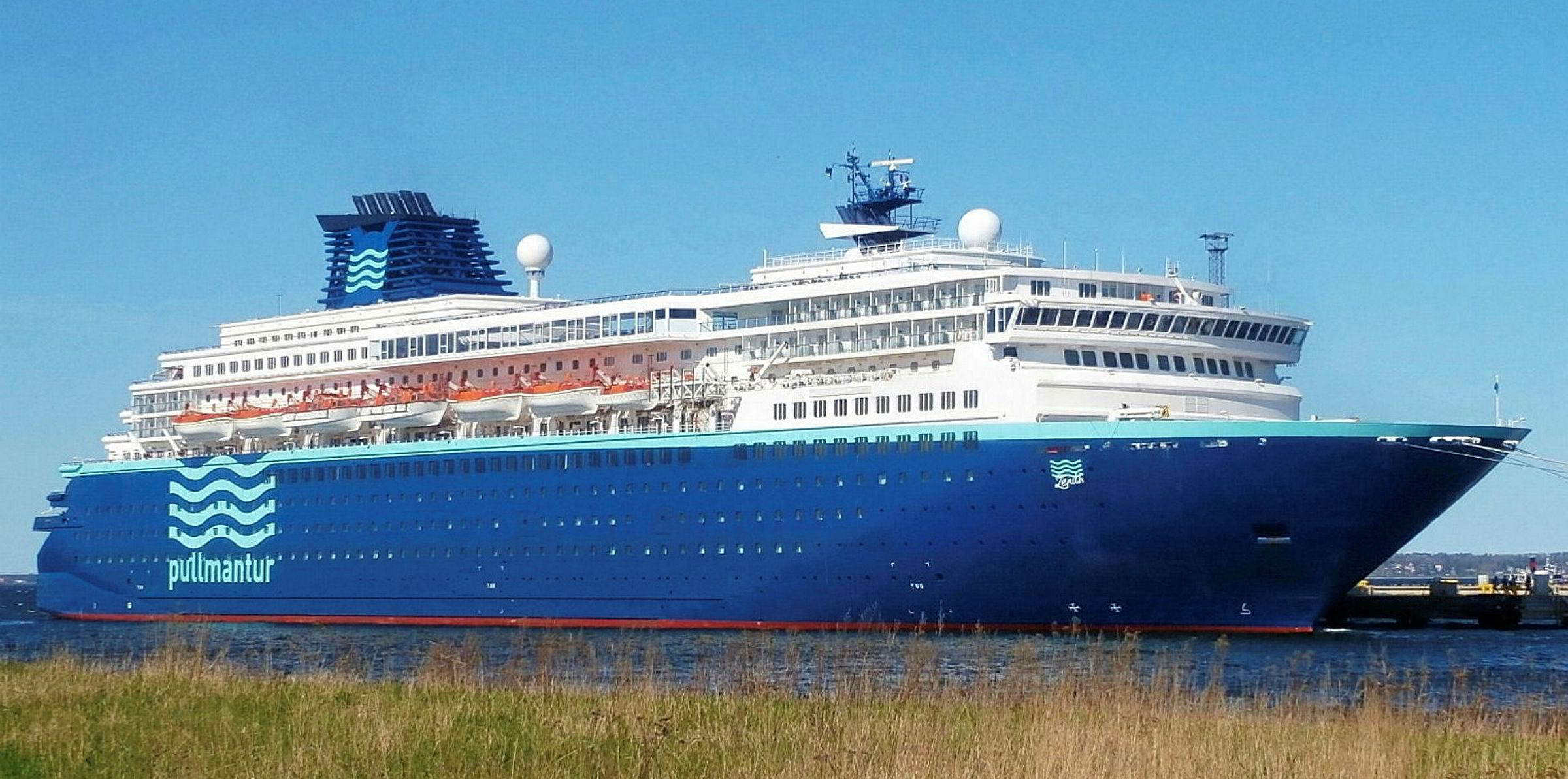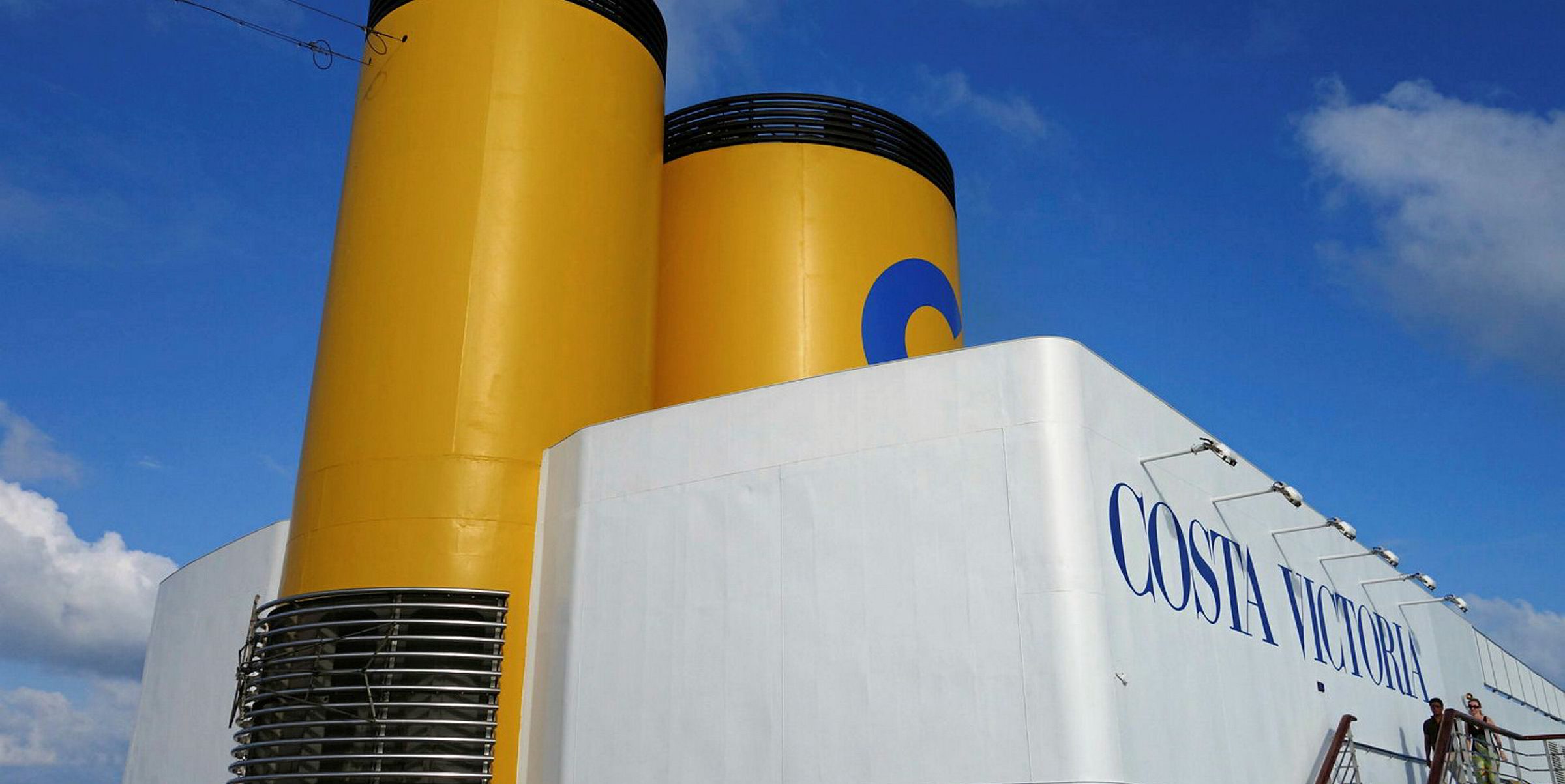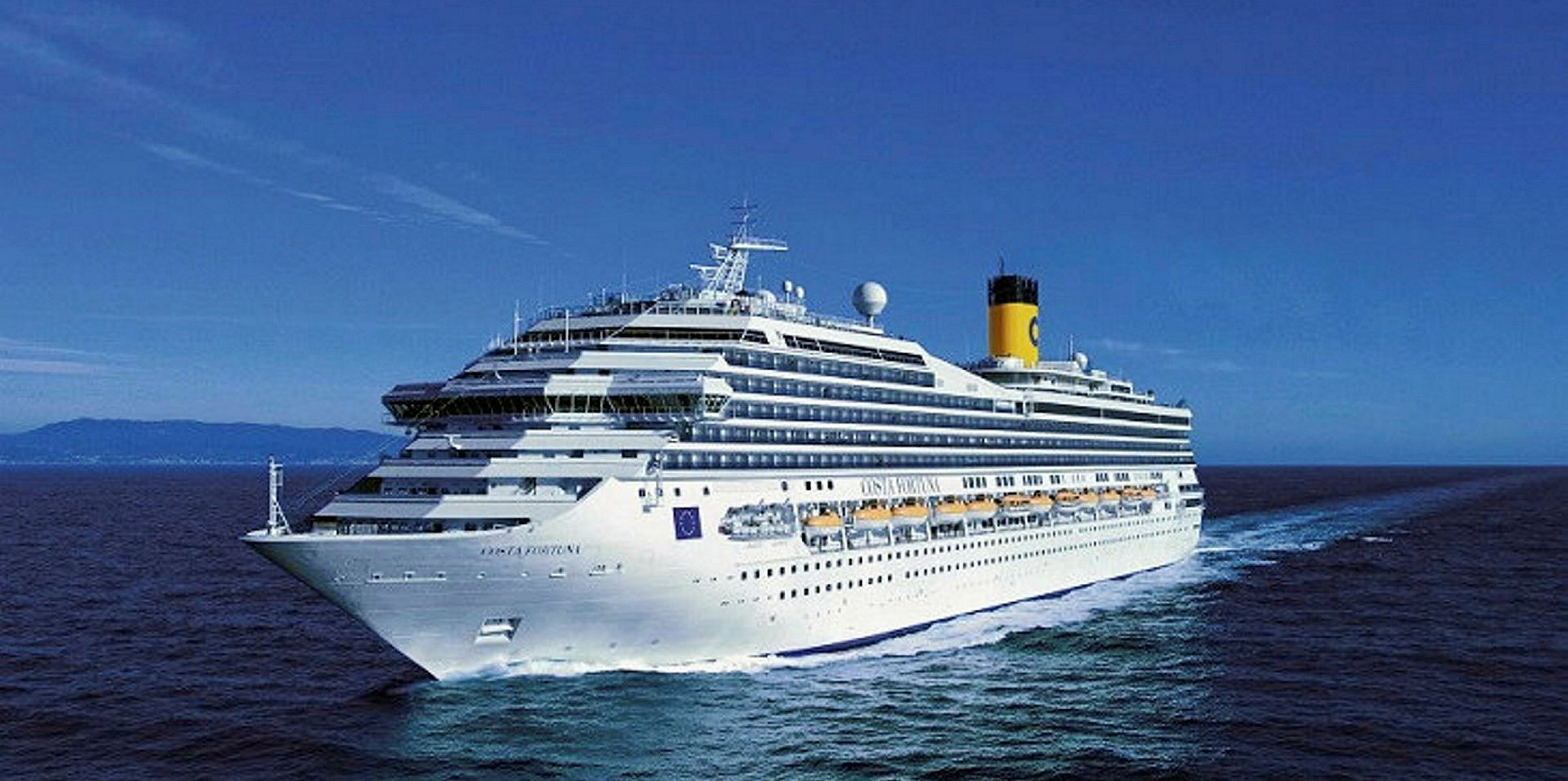Rederiaktiebolaget Eckero shut down its Swedish cruise subsidiary Birka Cruises last Friday.
Via a statement posted on its website, the Aland Islands-based company said in a single sentence that Birka was permanently discontinuing operations.
The move came as no surprise to followers of the Baltic cruise and ferry trades. Eckero, which is best known for its Baltic ropax operations, has been struggling in the wake of the coronavirus pandemic, while Birka, acquired in 2007, had been struggling with profitability issues well before the Covid-19 outbreak.
In recent months the company scoured the financial markets, trying to arrange a sale-and—leaseback deal for Birka’s single cruiseship, the 34,900-gt, 1,800-passenger Birka Stockholm (built 2004).
Following up on Eckero’s statement, Birka chief executive Tomas Karlsson said that the coronavirus had “dragged away our legs in order to continue our purely cruise operations with reasonable profitability”.
He described Birka’s profit margins as being small and explained that the possibility of reversing the negative trend in the foreseeable future was judged unlikely by Birka's board of directors.
The shutdown has resulted in 509 Birka employees, including 43 at its Stockholm headquarters and 466 on board the ship, being made redundant.
“It is very sad to note that a reputable company such as Birka Cruises has fallen victim to the Covid-19 pandemic, but the most sad thing today is to have to inform our dedicated and talented staff who over the years have done everything they can to develop the product and take care of our guests in the best way,” Karlsson said.
The liquidation of Birka will be carried out in an orderly fashion, with all passengers receiving refunds, and the lay-offs carried out in accordance with Swedish labour laws.
Difficult sales candidate
The Birka Stockholm will join a growing number of cruiseships that are appearing on sales and purchase lists.
The vessel, which has been idled in Mariehamn since 16 March, was designed and built specifically to operate 22-hour cruises from Stockholm to the Aland Islands.
This will make it an usual sales candidate, and perhaps a difficult one to sell.
The ship’s design of the ship’s passenger accommodation and hotel facilities have more in common with a Baltic than a conventional cruiseship.
Its high-density cabins are small, and without the open balconies that are deemed vital for cruiseships operating tropical itineraries.
The ships also lacks vast areas of open sun deck, as well as storage capacity for long cruises.
On the plus side, it is ice-classed and equipped with zero-discharge waste treatment systems for operating in ecologically sensitive areas.
“The Birka Stockholm either needs to be sold to a company engaged in the same sort of trade, or to one that is prepared to put the ship through an extensive conversion,” said a broker familiar with the ship.
“At the moment I just don’t see much market interest in such a ship. If Eckero has the financial wherewithal, their best move would be to keep the ship in lay-up and wait until the cruise industry gets back on its feet.”
So far neither Eckero nor Birka have stated their future plans for the ship.
